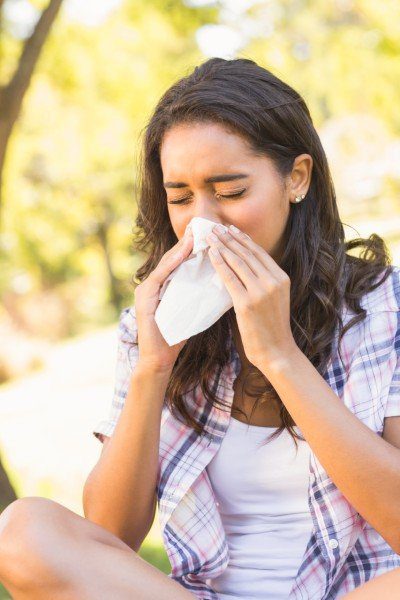The Coronavirus outbreak has filled our television screens and been the topic of conversation all around the world for the past month or so. With increasingly more outbreaks happening globally, it is said to “be with us for at least some months to come”. The newly discovered virus was originally transmitted to humans through an unidentified animal and can be spread through coughs, sneezes and contact with an infected surface areas.
According to an article from the BBC news, so far there have been more then 17,000 confirmed cases of the virus in China, with around 360 losing their lives from the cause. Outside China there are more than 150 confirmed cases, one death being in Philippines. Unfortunately, the UK has also been recently affected with 2 confirmed cases although both are being treated.
Table of Contents
What is Coronavirus and What are the Symptoms?
The virus, only recently discovered, is a member of the Coronavirus family. It originally stems from animals and therefore those mostly affected are known to work in the Seafood wholesale market in the centre of the Chinese city. The market also sells other live and newly slaughtered animals. It’s not the first time we have been affected by animal hosting diseases; Ebola and flu are other examples.
Coronavirus causes pneumonia with symptoms including coughing, high temperatures and breathing difficulties. In severe cases organ failure can occur. Recovery will all depend on the strength of one’s immune system, due to antibiotics and antiviral drugs not being suitable to the virus. If people are admitted to hospital they may receive support for their lungs and other organs as well as fluids.
What are the risks, and should you be worried?
People with poorer health are at greater risk of catching the virus. Some may suffer mildly whereas some have extreme symptoms. WHO (World Health Organisation) Experts at Imperial College London suggest there could be as many as 100,000 cases, with uncertainty putting the margins between 30,000 and 200,000, suggesting many people with mild symptoms simply haven’t been diagnosed as of yet. It’s difficult to establish the true number of infected people but either way authorities are keen to stop the spread of the virus due to the uncertainty on how potent it could become.
But should you be worried here in the UK? The risk of contracting the virus in the UK is low however like with other infections there are preventative measures that can be taken to stop the spread. Unless you have recently travelled to China or have been in contact with someone with the Virus, then you should be treating cold and flu symptoms as normal. The NHS advises you not to worry about visiting the doctors for a cough however if it’s persistent and you have other symptoms mentioned, have a check-up with your local GP.
There is no need to panic as the spread outside China would be expected. This, of course, does increase the likelihood the WHO will declare the outbreak to be a public health emergency, however often viruses that spread easily tend to have a milder impact.
Simple Actions to Prevent Coronavirus
The WHO say’s it’s not too late to stop the new Coronavirus outbreak!
Here are some general daily actions you can take prevent the spread of the coronavirus:
- Be sure to stay at home from work when you are feeling sick, equally avoid close contact with anyone who is feeling unwell
- Cover your cough or sneeze with a tissue, throwing it away after use
- Wash your hands with soap and water for at least 20 seconds after using the toilet or touching dirty areas.
- Use Anti-bacterial Hand Sanitizer and hand sanitizer dispensers to reduce the spread of illness causing germs.
- Dry your hands too as wet hands can spread germs far quicker than dry hands with germs thriving off moisture.
- Clean & Disinfect frequently touched objects and surfaces using effective desk and equipment wipes.
As with most infections, the best way to prevent illness is through effective hand washing and hygiene solutions. Everyday preventative actions are what makes the difference. Learn more about how to wash your hands effectively and remove harmful germs to keep the coronavirus away from your home and workplace.
In the workplace, encourage effective routines by displaying our hygiene guidance posters.
Contact Citron Hygiene
Ensure you are taking the right steps in educating and promoting correct handwashing procedures in your business with Citron Hygiene’s help.
Get in contact with us today and learn more about how we can support your business. For a complete range of hygiene solutions, call 08000 66 55 52 and speak to one of our team who will be more than happy to discuss your businesses requirements.
